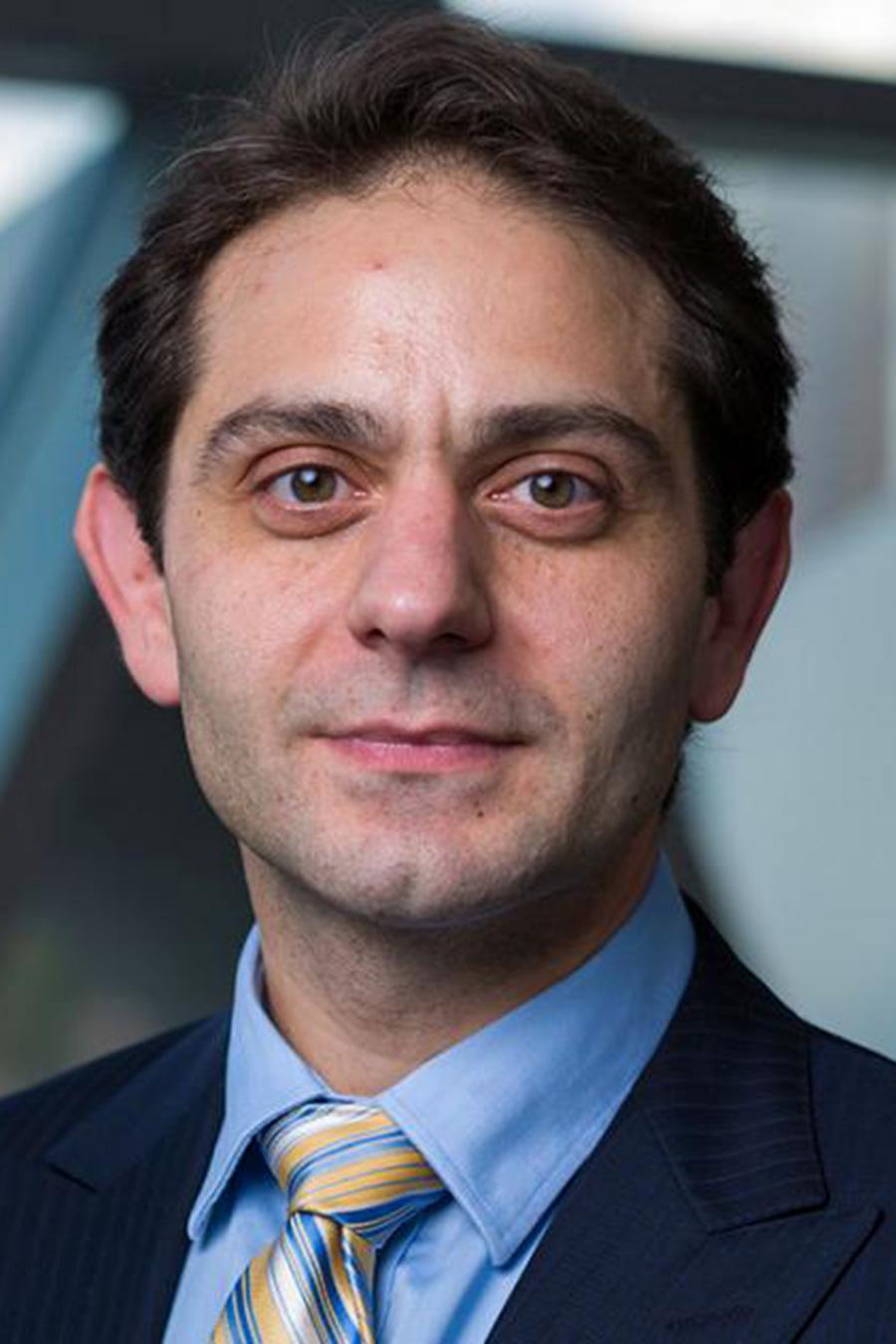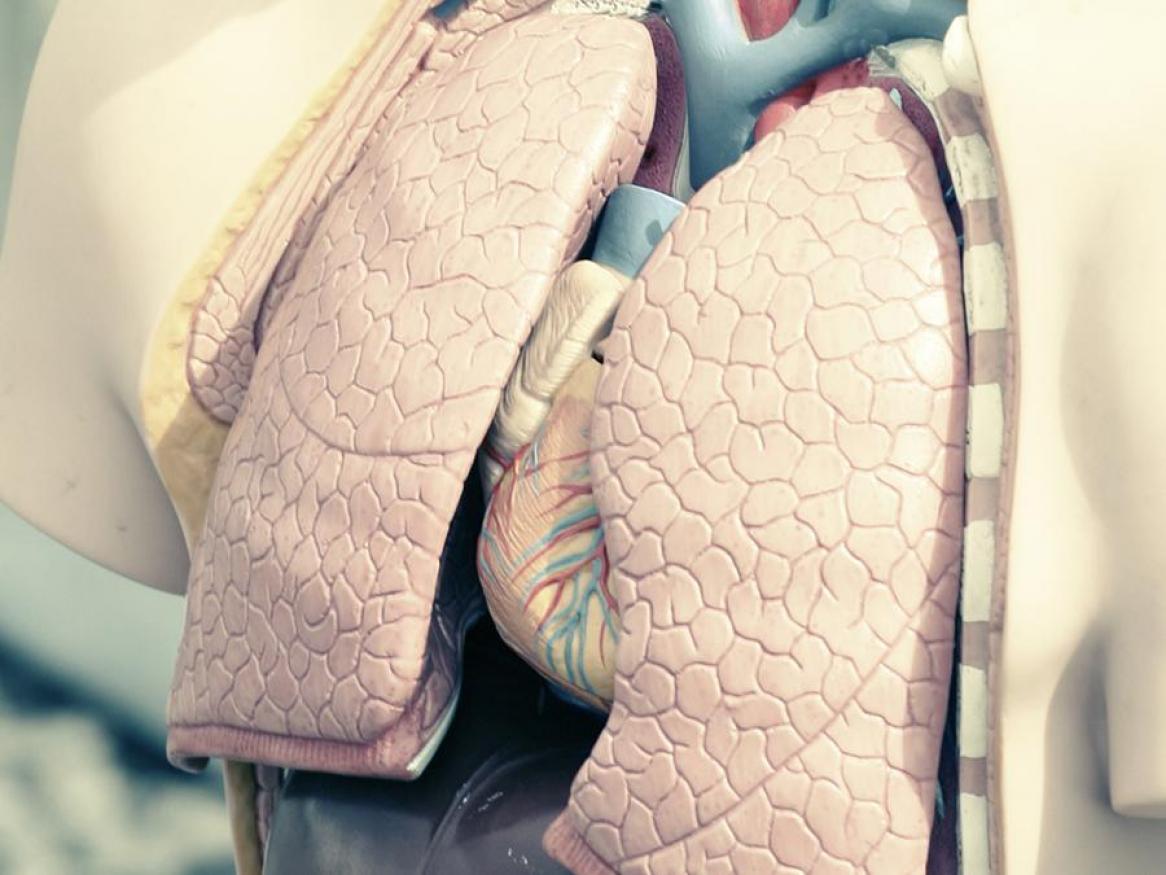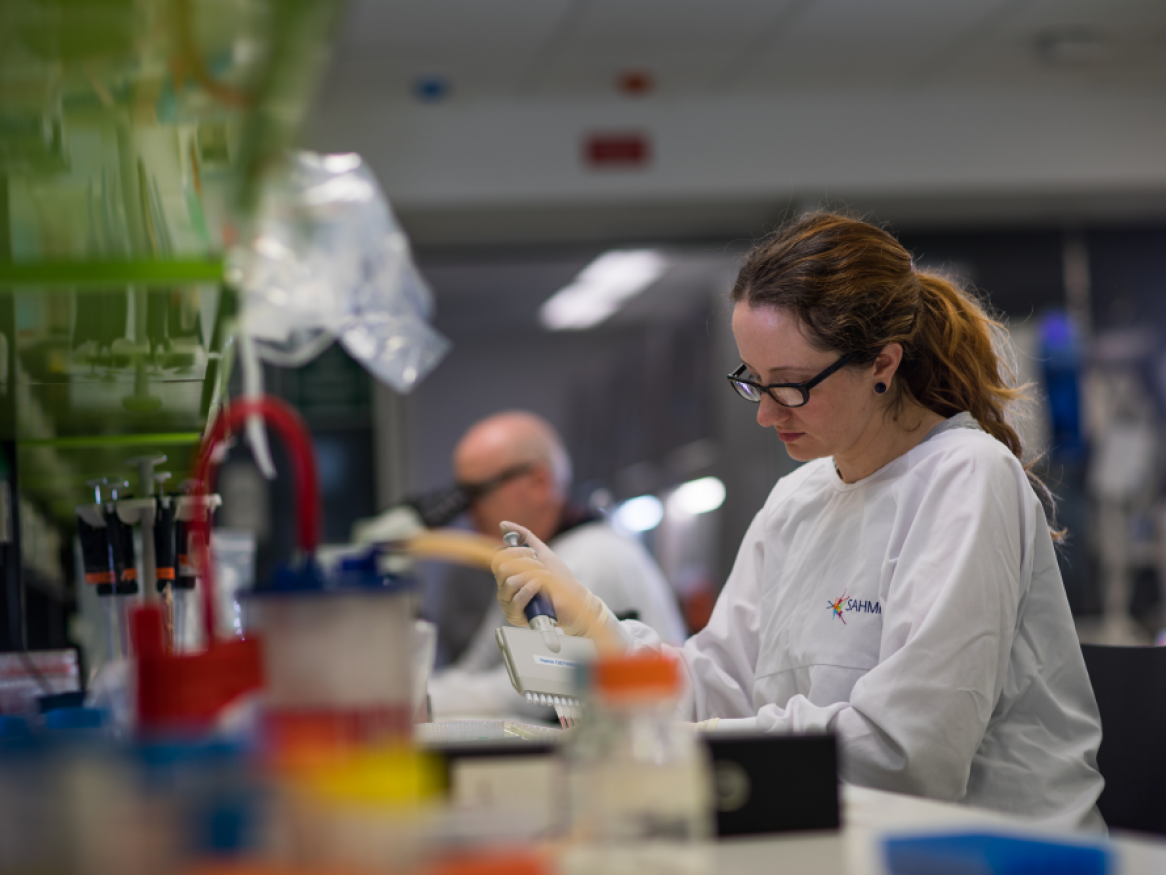Vascular Research Centre
Atherosclerotic coronary artery disease results from build-up of cholesterol-rich plaques in the walls of the coronary arteries and is a leading cause of death. Inflammation is central to atherosclerosis.
A key driver of inflammation in plaque is accumulation of cholesterol-laden macrophages, called foam cells. Uncontrolled inflammation makes coronary plaques "unstable" and vulnerable to rupture, leading to thrombosis and myocardial infarction. As multiple inflamed plaques often co-exist in the coronary system, patients are at risk of repeated atherothrombotic cardiovascular events after myocardial infarction, with rates of 10-12% at one year, and 18-20% at three years. This is largely because current therapies for atherosclerosis, such as lipid-lowering statins, do not adequately control plaque inflammation. New anti-atherosclerotic agents are therefore needed, especially those that better target inflammation.
The Psaltis group, based in the Vascular Research Centre, Lifelong Health Theme of SAHMRI, focuses on vascular inflammation, as we believe that this presents the greatest opportunity to impact on atherosclerosis and its sufferers. We study the developmental origins of macrophages and foam cells in healthy and diseased mammalian arteries (NHMRC GNT1086796, NHF FLF100412, RACP CDF, NHF VG102981), as well as their molecular regulation (NHMRC GNT1142794) and pharmacological targeting (NHMRC GNT1127159, NHMRC L2 CDF1161506, NHF VG101370; NHF FLF102056, VIERCI2017016) in atherosclerosis, across projects that span the full bench-to-bedside spectrum. In addition, we have discovered a population of self-renewing, clonogenic hemangioblasts that reside in the adventitia (outer layer) of blood vessels and numerous other postnatal tissues. Ongoing projects are exploring how these cells are involved in different pathophysiological processes such as atherosclerosis, wound healing, tissue ischaemia and cancer.
Interested in a postgraduate research degree?
We offer exciting opportunities for researchers at the honours, masters and PhD levels. Our research degrees are open to students from a broad range of backgrounds, and range from basic sciences to clinical research. If you are interested in human health, consider furthering your research career with us.




